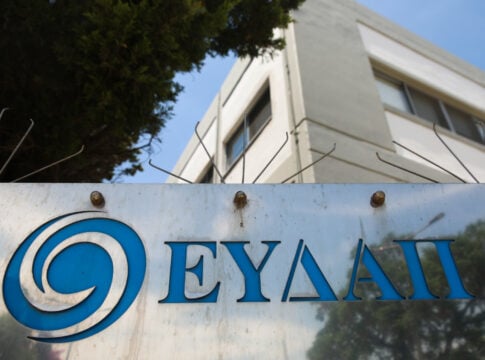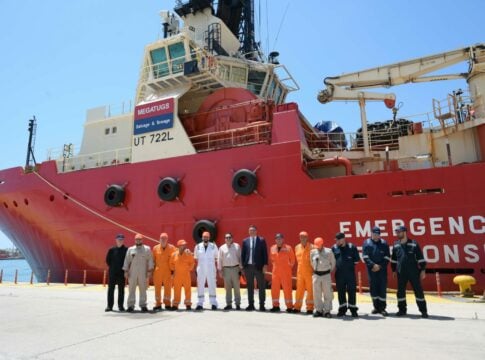A noteworthy sample of respondents in Greece, 28.7 percent, in fact, recently told pollsters they believe the long-lasting condensation emissions of high-flying aircraft are indeed “chemtrails”, an “urban legend” that attracted the attention and ire of some of Greece’s more populist pundits and politicians prior to 2015.
According to the iconic conspiracy theory, chemtrails consist of chemical or biological agents deliberately sprayed high into the atmosphere by aircraft for “purposes undisclosed to the general public”, as a tongue-and-cheek entry on Wikipedia reads.
The result was among several announced on Monday by DiaNEOsis, an Athens-based research and policy institute, which focuses on Greeks’ beliefs in 2018.
On a more upbeat note, anti-Europe sentiment dropped for the first time in three years, although still influenced by a strong Euro-skeptic trend.
Some 68 percent of respondents believe Greece participation in the European Union is a positive development, up 15 percentage points from the previous result last year. Two-thirds of respondents believe it’s in the country’s best interest to remain in the Eurozone, another result reaching 2015 levels. Conversely, 57 percent said they believe Greece’s entry into the common currency was a mistake.
Nevertheless, six in 10 respondents believe Greece’s membership in the EU – since 1980-81 – benefited the bloc more than the country itself.
Just as surprising, given the tide of anti-bailout, anti-austerity and anti-capitalist sentiment prior to radical leftist SYRIZA’s election win in January 2015, six out of 10 respondents said they agree with the argument by which the bailout memorandums “were a necessary evil, due to the country’s grave situation”.
In the same breath, seven out of 10 respondents said they believe the bailouts were “created” by the Europeans in order to “exploit our country”.














